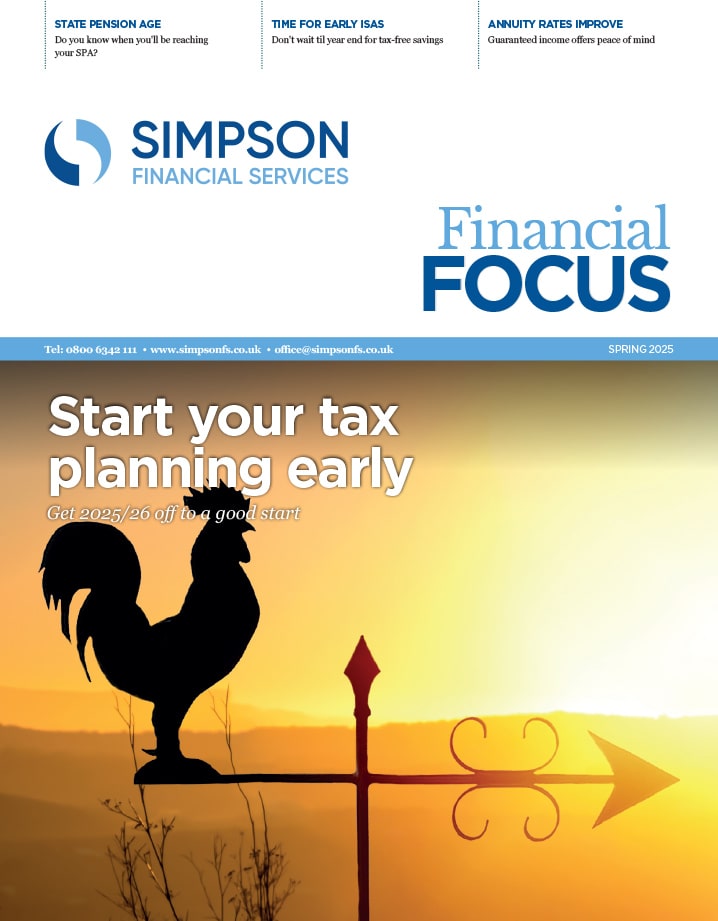
State pension: Will the ‘triple lock’ survive the next election?
The future of the triple lock is uncertain ahead of a 2024 general election, and with state pension increases potentially outpacing inflation next April.
What’s the triple lock?
Under the triple lock, the basic state pension received in retirement rises each year in line with whichever is the highest out of three factors: wage growth, inflation or 2.5%. Both the old and new state pensions are subject to it.
The triple lock isn’t in pensions legislation – it's a discretionary feature that the government can disregard – surprising given the publicity it often receives. As we edge closer to a likely election in 2024, its requirement probably won’t change much from this year.
How is it affecting my state pension?
The Office for National Statistics (ONS) published the most recent earnings data in mid-September, which covers May to July 2023. These figures are crucial because, in theory, they set the level of increase for the old and new state pension from April next year. Earnings data has also been under scrutiny recently because a decline in the pace of pay growth is seen as a pre-condition for the Bank of England to consider a pause – and eventually cuts – in interest rates.
This year, May to July total earnings growth was 8.5% - 0.3% higher than expected and likely caused by NHS and civil service one-off payments in June and July. Unless the government decides to suspend the triple lock, this means that from next April the old state pension will rise by £13.30 to £169.50 a week and the new state pension (applying to those who reach state pension age after 5 April 2016) will increase by £17.35 to £221.20. The last time the triple lock was suspended was in 2022/23, when Covid-19 distorted earnings data and for 2024/25 it could tweak the earnings definition to exclude those one-off payments.
Will the triple lock survive?
Nobody knows for sure whether the triple lock will make it past the next election. Shortly before the earnings data was published, the Prime Minister refused to commit to it being in the Conservative manifesto. At about the same time, the Institute for Fiscal Studies published a critical report saying that the triple lock created uncertainty both for the government and for individuals planning their retirement.
Think you could retire on £221 a week? Think again. It represents less than two thirds of this year’s 35-hour week National Minimum Wage.
Want some help planning your retirement?
The value of your investment and any income from it can go down as well as up and you may not get back the full amount you invested.
Past performance is not a reliable indicator of future performance.
